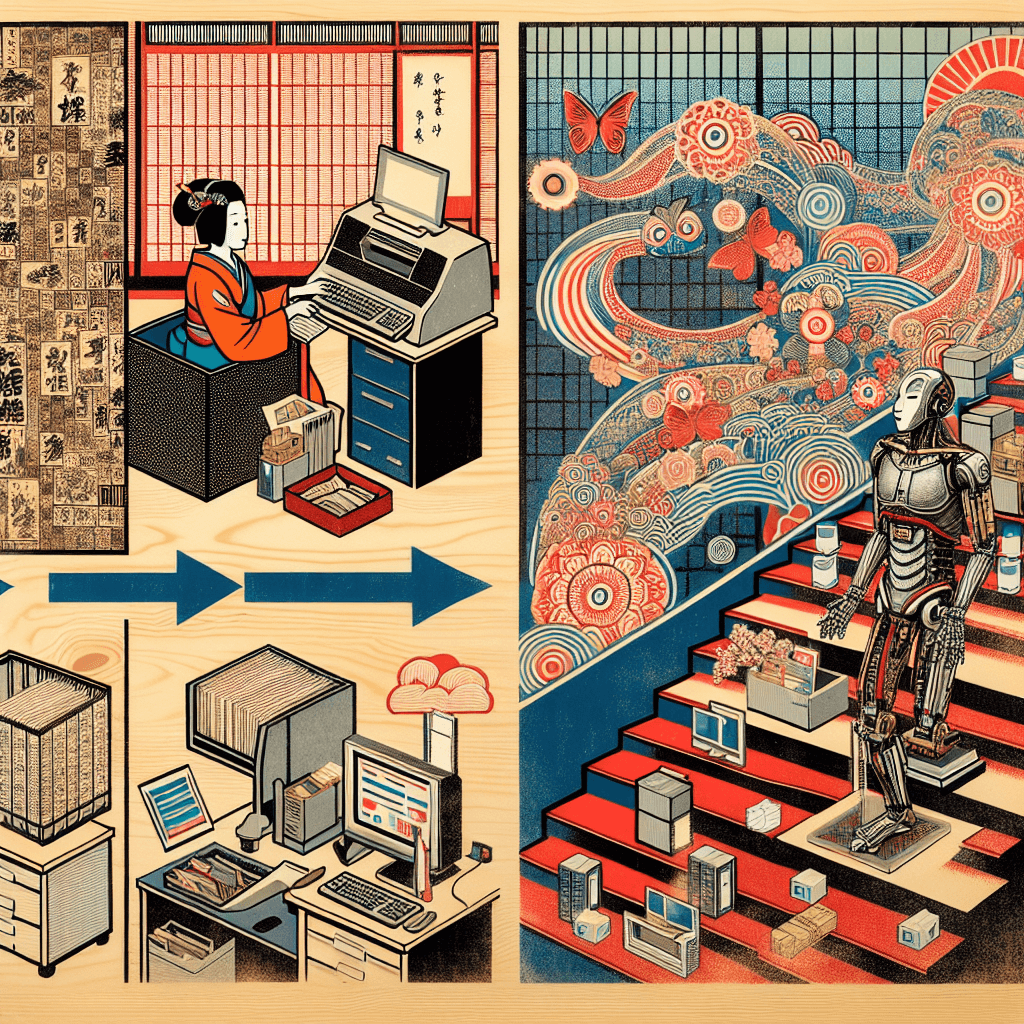

syndu | Jan. 4, 2024, 11:14 p.m.

Artificial Intelligence (AI) is revolutionizing the business landscape, offering unprecedented opportunities for innovation, efficiency, and competitive advantage. In this research, we delve into the multifaceted impact of AI across various industries, supported by compelling case studies and statistics that highlight the transformative power of AI technologies.
AI-driven automation is reshaping the way businesses handle routine tasks. For instance, in the manufacturing sector, companies like General Electric are using AI to optimize production lines, resulting in a 5% reduction in unplanned downtime and a 25% improvement in productivity.
Business intelligence has been elevated with AI's ability to analyze vast datasets. Retail giant Walmart uses AI to analyze real-time data from its stores to optimize stock levels and predict demand, leading to a significant reduction in inventory costs.
AI chatbots and virtual assistants are transforming customer service. Bank of America's AI-powered chatbot, Erica, has assisted over 25 million customers by providing personalized banking recommendations, demonstrating a new era of customer interaction.
AI is a key driver for competitive strategy. Amazon's recommendation engine, powered by AI, accounts for 35% of the company's revenue by providing tailored product suggestions, showcasing the direct impact of AI on sales.
Predictive analytics are enabling businesses to anticipate market trends. For example, Coca-Cola uses AI to analyze social media data for sentiment analysis, helping them tailor marketing campaigns and product launches.
AI is at the forefront of creating new business models. Ride-sharing services like Uber and Lyft leverage AI algorithms for dynamic pricing and route optimization, disrupting traditional transportation industries.
Ethical dilemmas are a growing concern. Google's AI Ethics Board, although short-lived, was an attempt to address AI governance, reflecting the need for ethical frameworks in AI development.
The impact of AI on employment is profound. According to a report by the World Economic Forum, AI could displace 75 million jobs while creating 133 million new ones by 2022, highlighting the dual effect of AI on the job market.
Data management with AI systems poses significant challenges. The Facebook-Cambridge Analytica data scandal underscores the importance of robust data privacy measures in the age of AI.
Businesses are fostering an AI-ready mindset. Siemens has established a company-wide AI lab to encourage innovation among its employees, emphasizing the importance of embracing AI in corporate culture.
Regulations are evolving to keep pace with AI advancements. The European Union's General Data Protection Regulation (GDPR) has set a precedent for AI regulation, impacting how businesses worldwide handle AI and data privacy.
Collaboration is key to AI success. IBM's partnership with MIT for AI research and development is an example of how strategic alliances can accelerate AI innovation.
The impact of AI on modern businesses is undeniable, offering both challenges and opportunities. As AI continues to evolve, businesses must navigate this new terrain with strategic foresight, ethical consideration, and a commitment to continuous learning and adaptation.
AI-driven automation is reshaping the way businesses handle routine tasks.